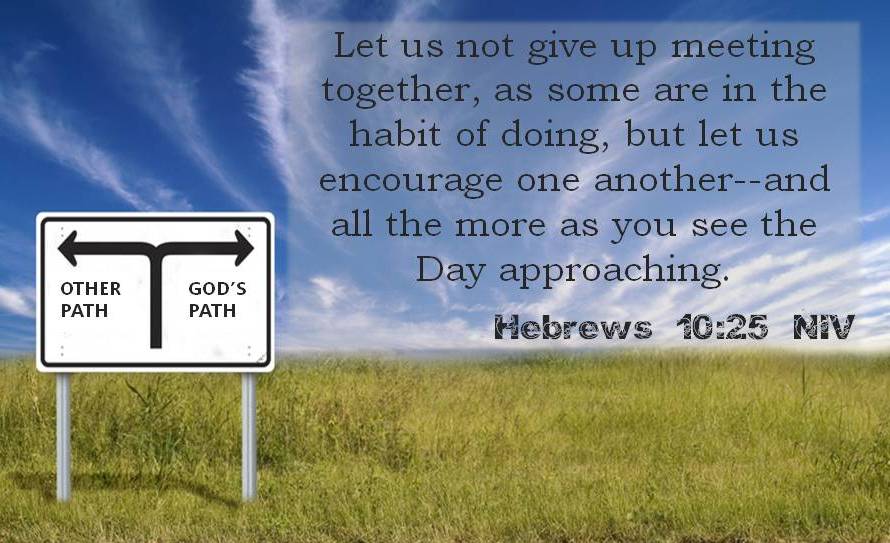Home | About Us | Directions | Bulletins | Sermons & Audio | Cross Of Christ Studies | Classes | Student and Parent Resource Page | Dangers Facing the "Non-Traditional"
Our Utilitarian Approach to God
by Gary Henry
“... And the Lord God prepared a plant and made it come up over Jonah, that it might be shade for his head to deliver him from his misery. So Jonah was very grateful for the plant” (Jonah 4:5,6).
Although we understand the scriptures to teach that we are God’s vessels, we sometimes look upon Him as a vessel for our own use. We tend to take a utilitarian approach to God, as if He were an instrument that exists to accomplish our purposes, rather than vice versa.
The degree to which we delight in God is too often determined by how “useful” He is to us. In our own minds, we have a concept of how we would like our lives to be, and to the extent that God helps us move toward having this sort of life, we are delighted with Him. We look for the “practical” benefits of the spiritual life, and if these are not found, then we tend to become angry with God. Perhaps we reject Him altogether. We might not say it in so many words, but we have little use for a God who doesn’t come through for us in the clutch.
In the heat of the blazing Assyrian sun, Jonah was pleased when God prepared a plant that would provide welcome shade and “deliver him from his misery.” He was not so pleased the next day when the plant was destroyed and he had no choice but to sit in the sun again. “It is better,” he said, “for me to die than to live” (Jonah 4:8). Just so, our estimate of how well God is doing often depends on how satisfactorily He is providing what we desire.
Yet if our relationship with God is based upon love, we can ill afford to let self-centered (though we would simply call them “practical”) motives enter in. Our enjoyment of God cannot depend on whether some desired payoff is being received from Him. Love does not calculate or bargain for personal benefit; it gives out of the sheer joy of giving to one who is beloved. “The only reward love seeks is someone to love” (Bernard of Clarivaux). And if there is any question of benefit, we exist for His benefit: our glory is to accomplish His purposes and to show forth His goodness.
“That which cannot be explained or made useful tends to be rejected as contrary to our purpose. Under those circumstances, we lose the ability to remain instruments of God’s will. We would rather inform God of our needs in the hope that he will comply with our conceptions of what life ought to be” (Paul Ciholas).
Other Articles by Gary Henry
Commitment and Joy
Stillness and Joy
Beware of False Teachers
Contradictory Concepts?
Do It Because You Don't Want To
Why Don't We Seek?
Diligently Seeking God
For Past Auburn Beacons go to:
www.aubeacon.com/Bulletins.htm
Anyone can join the mailing list for the Auburn Beacon! Send your request to:
larryrouse@aubeacon.com









